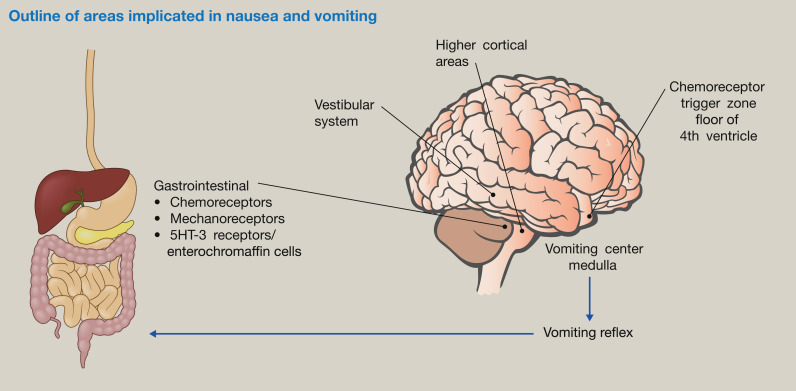5 Reasons Why You Throw Up
By Hira Waheed
30 May 2023
Vomiting, also known as emesis, is a natural bodily response that often occurs when the body needs to expel harmful substances or deal with certain underlying conditions. While vomiting can be unpleasant and uncomfortable, it serves important physiological purposes. So why do people throw up? You wondered too, well here is why the person throws up!

Defense Mechanism against Toxins
Vomiting acts as a defense mechanism to rid the body of ingested toxins, potentially preventing further harm. When the body detects harmful substances, such as spoiled food or ingested chemicals, it triggers the vomiting reflex to protect itself from potential poisoning. This natural response helps cleanse the body by expelling the toxic material. Many people throw up heavily after drinking alcohol! It is a sign of their body putting the toxins out!
Gastrointestinal Infections

Viral or bacterial infections affecting the gastrointestinal tract, such as gastroenteritis, commonly cause vomiting. These infections lead to irritation and inflammation of the stomach and intestines, resulting in the body's attempt to rid itself of the infectious agents. Vomiting in this case serves as a way for the body to eliminate the pathogenic invaders.
Motion Sickness

Motion sickness occurs when there is a disconnect between the sensory inputs related to balance and motion. In response to this sensory mismatch, the body may induce vomiting as a way to rebalance itself. The inner ear, responsible for maintaining balance, sends signals to the brain that conflict with the visual cues received from the eyes during motion. Vomiting in this situation helps restore equilibrium and alleviate symptoms.
Migraine Headaches

Migraines are intense headaches often accompanied by nausea and vomiting. The exact cause of migraines is not fully understood, but it is believed to involve changes in blood flow and nerve activity in the brain. Vomiting during migraines may be a result of the brain's response to the severe pain or the activation of the "vomiting center" in the brainstem.
Metabolic and Systemic Disorders
Certain metabolic disorders or systemic conditions can trigger vomiting. For instance, liver and kidney diseases can cause toxins to accumulate in the body, leading to nausea and vomiting as the body tries to eliminate them. Additionally, hormonal imbalances, such as in diabetes or thyroid disorders, may contribute to episodes of vomiting.
Dietary Choices after Vomiting
After experiencing vomiting, it is important to allow the stomach to settle and gradually reintroduce food. Here are some suitable dietary choices:

- Start with small sips of clear liquids like water, herbal tea, or electrolyte solutions to rehydrate the body.

- Once liquids are tolerated, progress to easily digestible foods like crackers, toast, or plain rice.
- Avoid spicy, greasy, or heavy foods that may further upset the stomach.

- Ginger, in the form of ginger tea or ginger candies, can help soothe the stomach and reduce nausea.
- It is advisable to consult a healthcare professional or dietitian for personalized dietary recommendations based on individual circumstances.
Vomiting serves as a protective mechanism and response to various underlying conditions. Whether it is to rid the body of toxins, combat infections, restore balance, or indicate an underlying health issue, vomiting plays a crucial role in maintaining overall well-being. After experiencing vomiting, it is important to listen to your body, allow time for recovery, and make appropriate dietary choices to aid in the healing process.
You Might Also Want To Read This
Popular Posts







